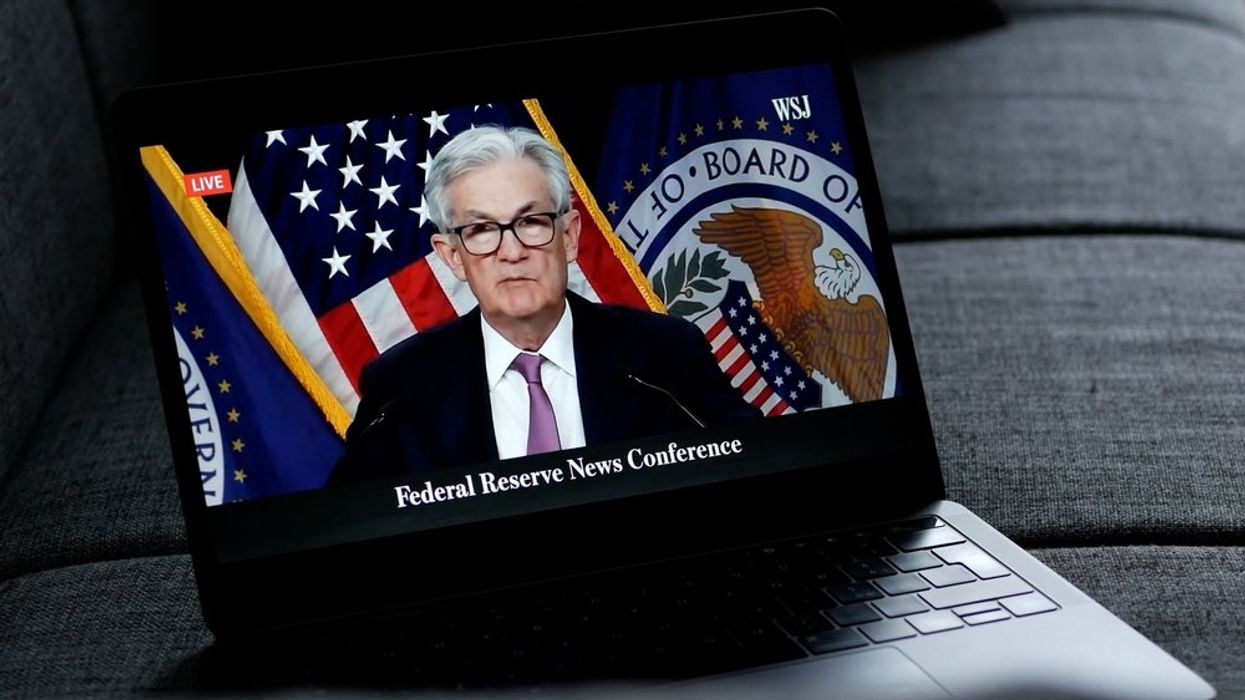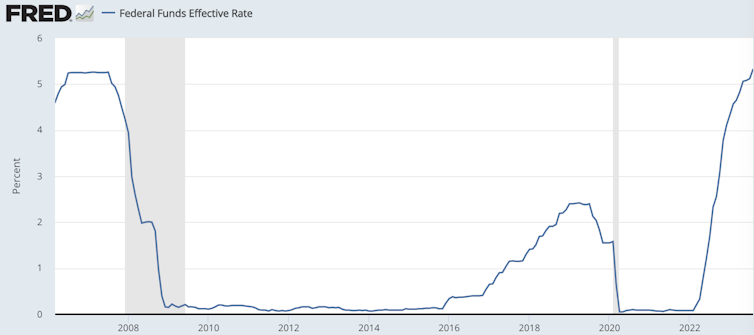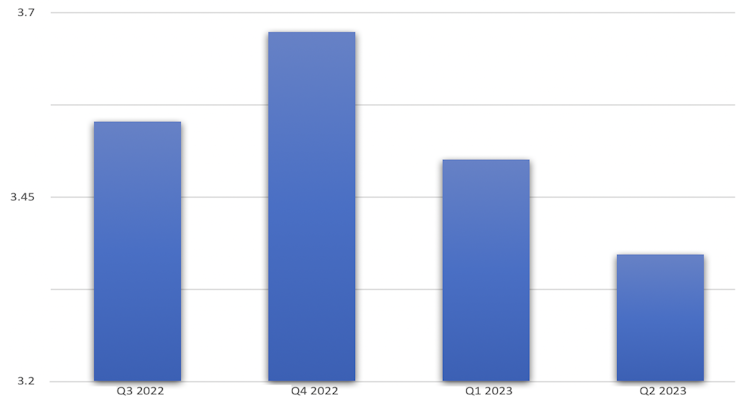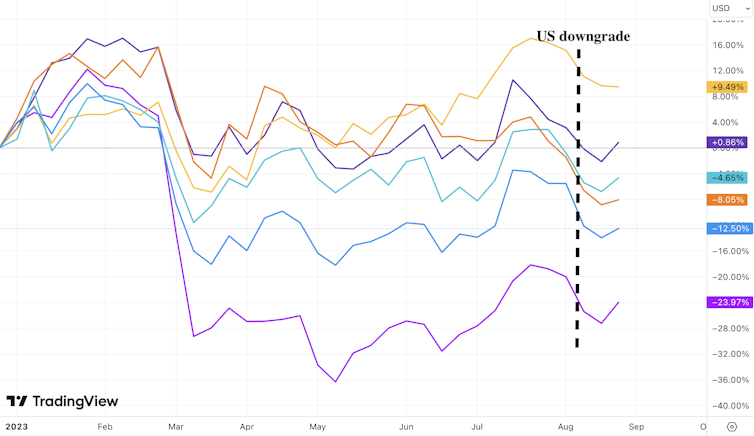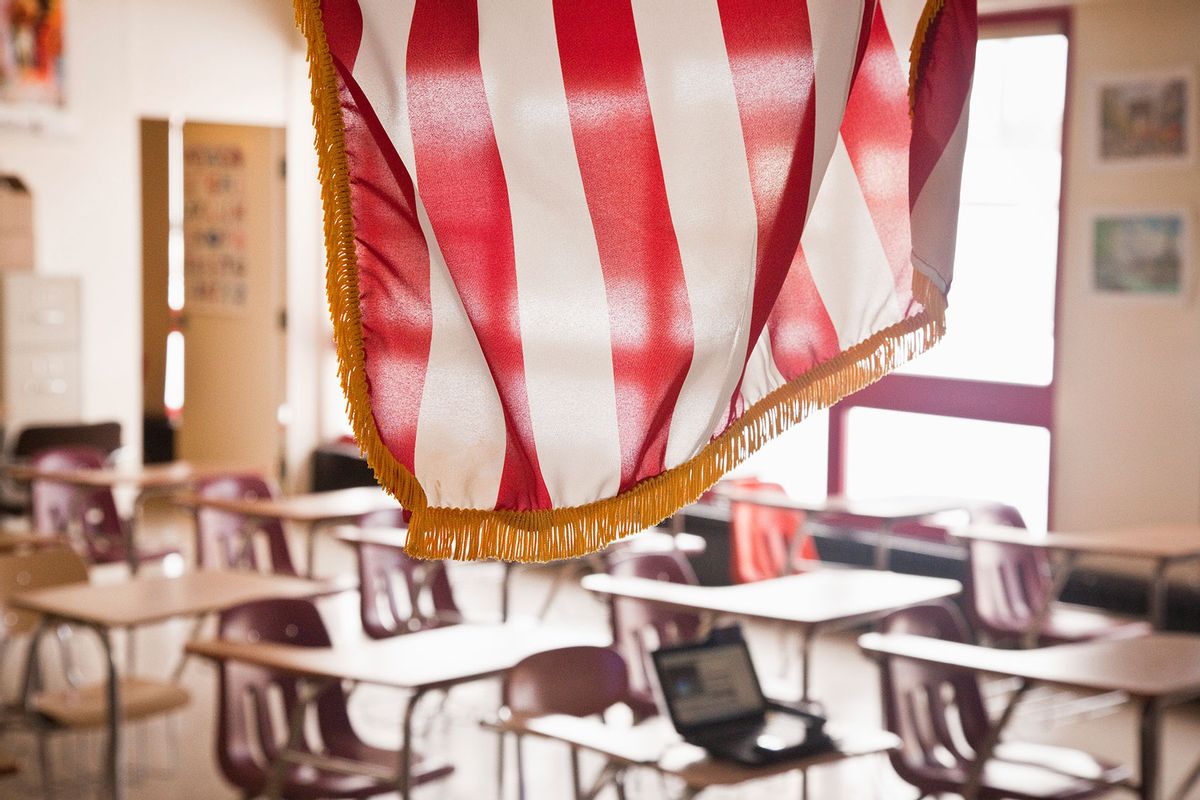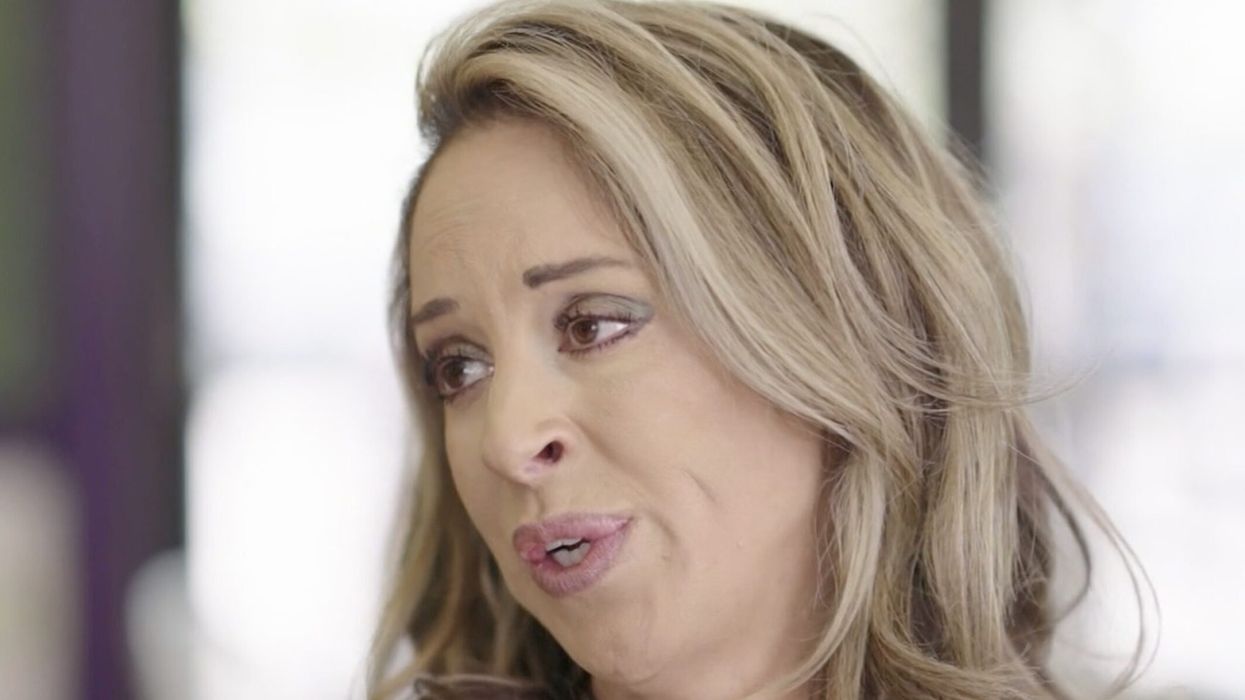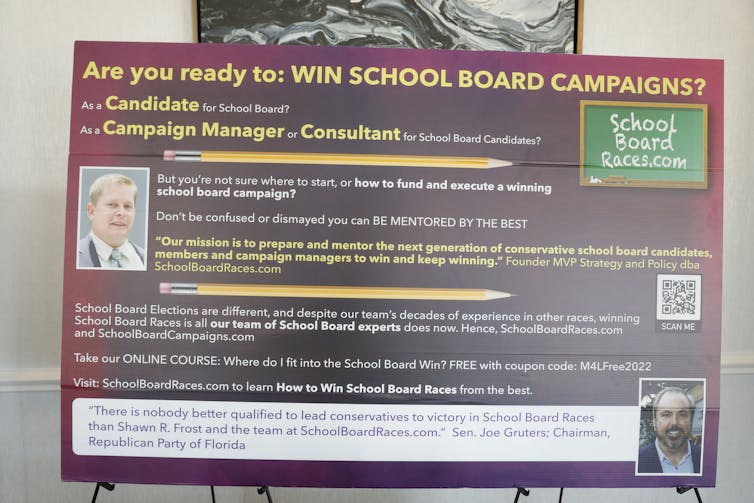2023/09/1

There has been extensive media coverage on the mating psychology of incels in recent years. However, most of the commentary has been speculative given the lack of empirical research on the topic. The first formal investigation of this subject has revealed that contrary to mainstream narratives, incel-identifying men report lower minimum standards for mate preferences compared to non-incel men, among other interesting findings. This research was published in The Journal of Sex Research.
“The incel topic in general interested me because finding and retaining a mate represent persistent adaptive problems for humans. Modern humans descend from an unbroken evolutionary chain of ancestors who successfully solved these problems. Achieving mating goals is so important to humans that it impacts physical and mental health, financial success, and even functions as a social signal of status,” said William Costello (@CostelloWilliam), a PhD student of Individual Differences and Evolutionary Psychology in Dr. David Buss’ lab at the University of Texas at Austin.
“Indicative of how preoccupied humans are with attracting mates is the fact that billion-dollar industries are built around it in the form of dating apps, we write poetry and go to war over it. It seems somewhat paradoxical, therefore, that there is a growing community of men who strongly identify with their perceived inability to solve these adaptive problems – involuntary celibates (incels).”
“We have a deep evolutionary history of involuntarily celibate men. Indeed, genetic evidence reveals that in every generation, most women reproduce whereas only a subset of men reproduce (Betzig, 2012). Modern incels, however, appear unique in galvanizing a shared victimhood identity around their sexless and mateless circumstance.”
“Despite the incel community being focused almost entirely on their perceived difficulties in mating, and the significant media speculation about the potential sexual and mating psychology of incels, incel mating psychology has yet to be formally investigated in the scientific literature. In fact, there is a relative dearth of primary data collected from self-identified incels in general, likely due to incels being a hard-to-reach group who are suspicious of the motives of academic researchers.”
I asked Costello what can be learned by studying this specific population. The researcher said, “The mental health impact of feeling like you cannot access sexual or romantic relationships. We know that there is lots of research showing that relationships improve mental health.”
A total of 409 individuals were included in this research. Participants were recruited through Facebook and Twitter using social media snowball sampling. Costello also advertised the study on the “Incel” podcast. As well, the study was shared with users on the Incel.is forum.
This study focused on single, biological males. Those who identified as heterosexual, biologically female, and non-incel were kept for additional analyses. A total of 151 incel and 149 non-incel single men were included in this research.
Participants completed a “reasons for being single” checklist where they ticked off items they believed contributed to their singlehood. Of these, 9 items were external reasons (e.g., online dating), while 28 were internal reasons (e.g., fearing rejection). Participants also completed the Mate Value Scale which includes four items assessing their opinions of their own general attractiveness as a mate.
In addition, they completed a questionnaire assessing their minimum standards for mates, for which they indicated a minimum score between 1 to 10 a person would have to meet across 15 traits (e.g., humor, intelligence) to be considered as a long-term mate. Participants also responded to these items from the perspective of a woman. The researchers derived a composite score across the 15 traits. Lastly, participants indicated whether they identify as an incel and completed a demographic questionnaire (e.g., education, employment status).
Costello broke down the results of their research.
“Our findings highlight extremely poor mental health, some cognitive distortions, a victimhood mindset known, the disproportionate prevalence of autism spectrum disorder, poor mating intelligence, and dating anxiety among incels.”
“Many people are understandably worried about incel violence. However, my supervisor (Dr. David Buss) and I actually just published a theoretical overview of the scale of incel violence. The evidence suggests they are far more dangerous towards themselves than others. Given that sexless young men are typically very violent and disruptive in society, it’s actually a puzzle why there is not actually MORE incel violence.”
“Our new work also confirms and dispels some stereotypes about incels,” the researcher told PsyPost.
“Unsurprisingly, incels have a low sense of their own mate value. But interestingly, evidence shows that men are most inclined toward misogyny when they doubt their appeal to female partners and that unwanted celibacy (independent of incel identity) predicts misogyny. The misogyny pervading much of the incelosphere likely reflects a low sense of mate value. This means that helping incels improve their own mate value and mating prospects would have the added benefit of reducing harmful instances of misogyny.”
“A stereotype that our work dispels is that incels do not simply have too high standards as many commenters suggest. A common narrative is that incels simply have too high standards. Evolutionarily it would not be a good strategy for low mate value men to concentrate their finite mating effort on competing with high mate value men for high mate value females. Our data show that incels had lower minimum standards for mate preferences across every trait and overall. Incels do not appear to have overly high mate standards compared to non-incel single men.”
“However, incels make fundamental mistakes in their perception of female mate preferences. Incels UNDERESTIMATE the importance of qualities like intelligence, kindness & humor, and OVERESTIMATE physical attractiveness & financial resources. ~Global prevalence of autism spectrum disorder is .62% Yet it’s 18-30% for incels! People with autism have poorer theory of mind i.e., ability to infer the desires of others. Incels’ failures of cross sex mind reading may reflect high levels of autism.”
He noted a caveat, “There may be some social desirability regarding the reported preferences of women in our study. Specifically, around the importance of financial resources. Robust evidence shows that women do indeed place a premium on financial resources in a mate. However, kindness, intelligence, and humor are also extremely important to women.”
He added, “The vast majority of incels reasons for being single were internal (self-blame).”
What are incels’ top reasons for being single? Costello listed, 1) Not good at flirting, 2) Not good looking enough, 3) Socially awkward, and 4) Too shy.
As for questions that still need to be addressed, the researcher said, “I think the important next steps are for scholars to design and test some mental health interventions to help this at-risk group. I am also interested in working with someone to dig deeper into the high rates of ASD (Autism Spectrum Disorder) among incels (~18-30%). We should investigate why there is such an overrepresentation of men with ASD in this community. What is it about incel identity that appeals to men with ASD?”
“It might also be interesting to investigate whether incels are accurate or inaccurate in their assessment of their own mate value. There are reports that incels are seeking invasive cosmetic surgeries to improve their physical attractiveness. It’s important to ascertain if this is based on a cognitive distortion or body dysmorphia.”
This year, Costello was selected as the American Psychological Association Division 51 Society for the Psychological Study of Men & Masculinities student of the year.
The study, “The Mating Psychology of Incels (Involuntary Celibates): Misfortunes, Misperceptions, and Misrepresentations”, was authored by William Costello, Vania Rolon, Andrew G. Thomas, and David P. Schmitt.
© PsyPost
INCEL MALE FANTASY'S ARE GOR S&M
